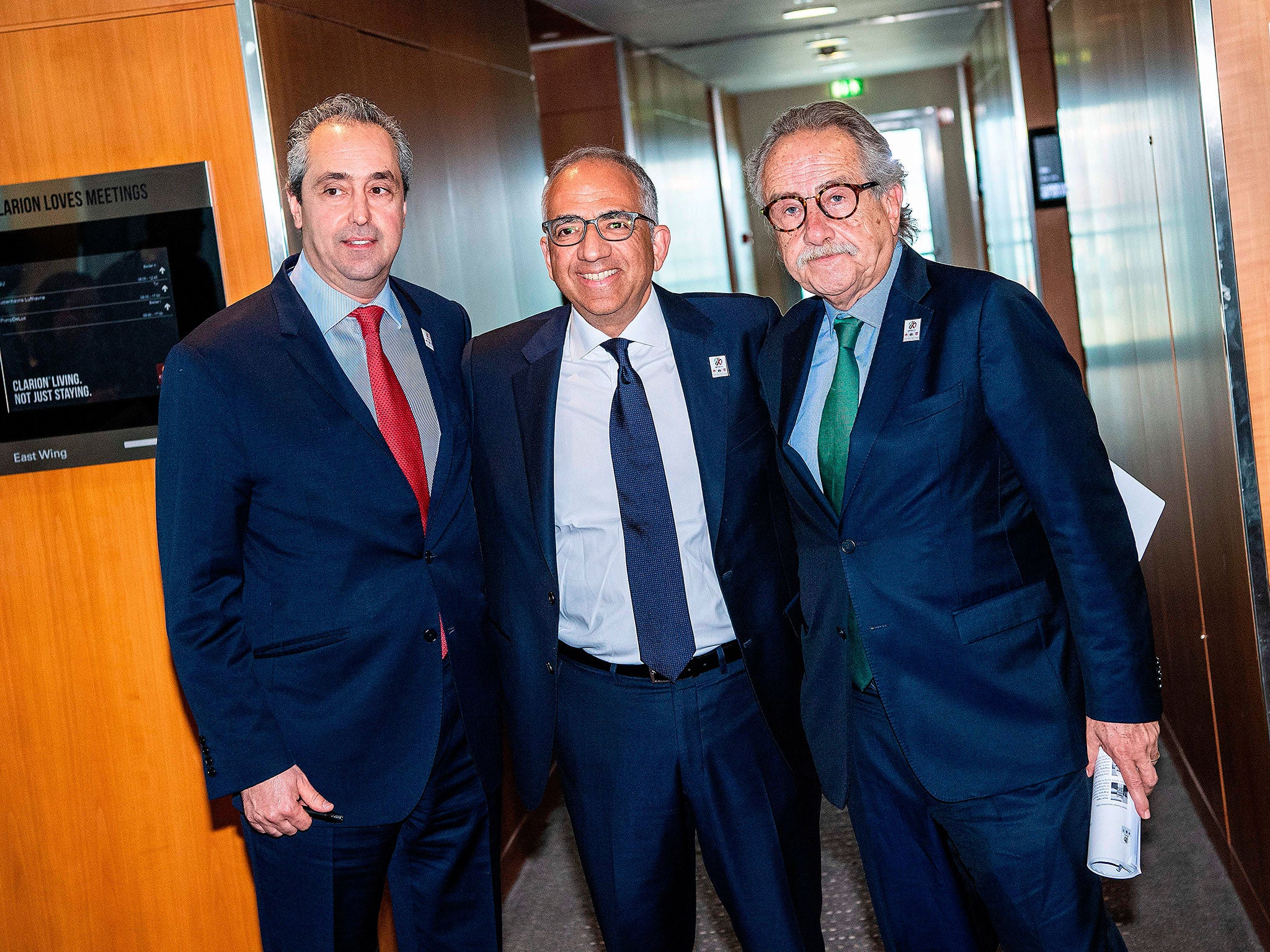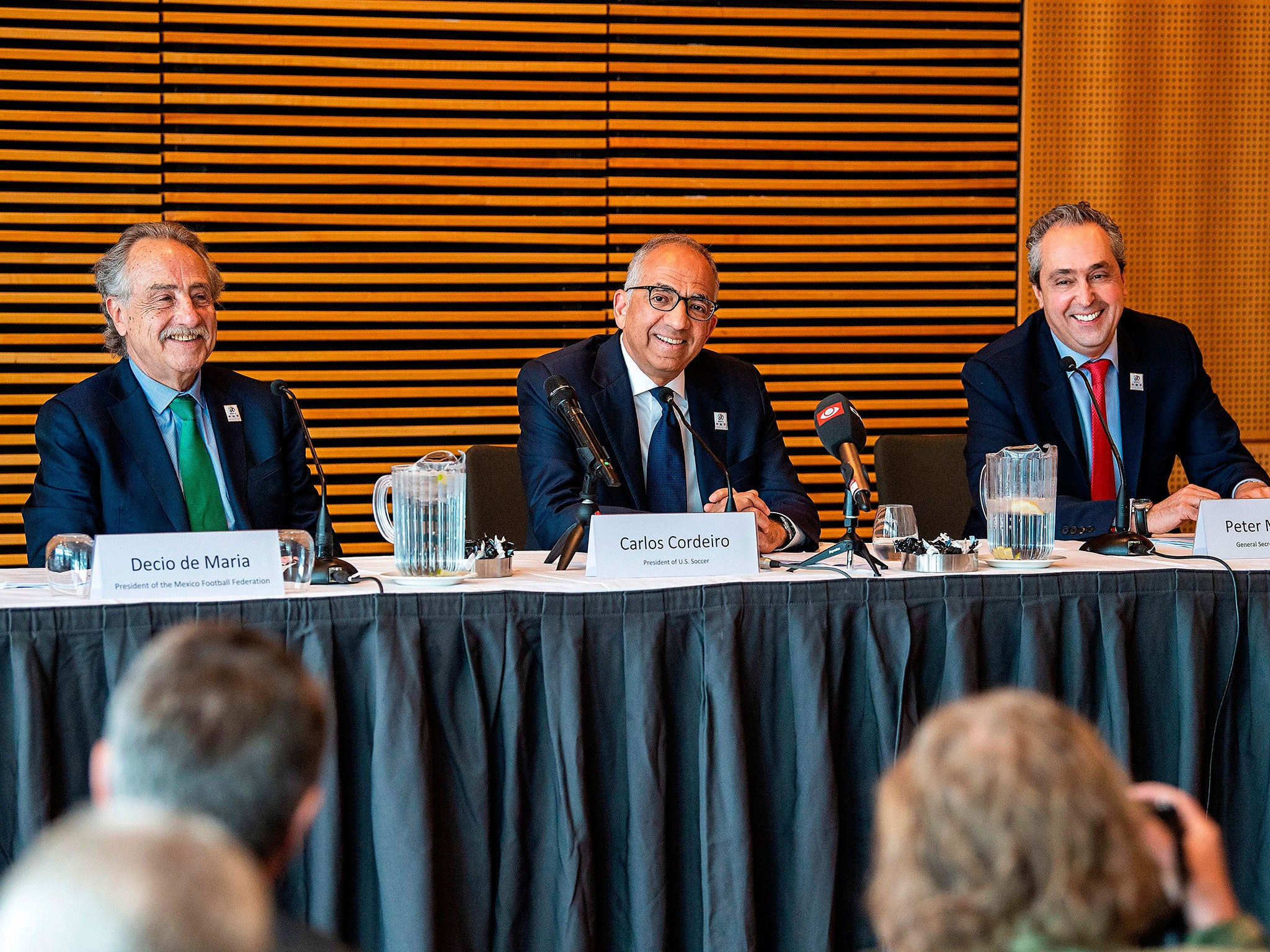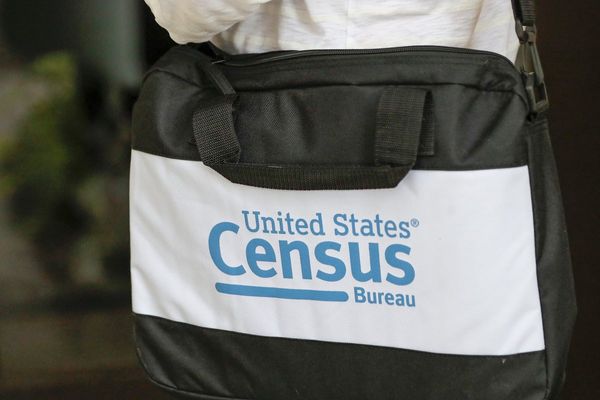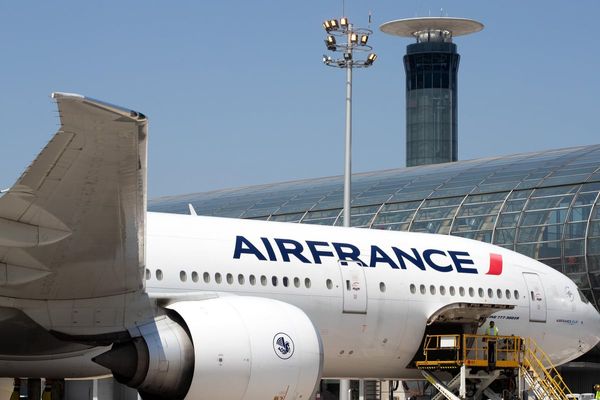The joint North American bid for the 2026 World Cup has denied that United States president Donald Trump's global unpopularity will have a significant impact on next week's vote in Moscow.
Canada, Mexico and the US have teamed up to form the United 2026 bid and they are up against Morocco at the Fifa Congress on June 13.
Strongly favoured by Fifa president Gianni Infantino, the United bid's combination of existing infrastructure, huge projected revenues and access to the world's richest market was underlined by a glowing technical assessment last week.
Morocco, on the other hand, was marked down in several categories, most notably the fact it needs to build or renovate 14 stadiums.
This, however, has not translated into an obvious lead for the United bid as the race enters its final week, with many seasoned observers of Fifa politics saying the contest is still too close to call. The reason for this appears largely down to one factor: Trump.
His anti-immigrant rhetoric, America-first stance on issues such as the environment and trade and his decision to move the US embassy in Israel to Jerusalem has infuriated many nations.
Even when Trump has tried to help the bid he has not always succeeded, most notably when he posted a tweet that came across as a clear threat to US allies considering a vote for Morocco.
But speaking to reporters in London on Wednesday, US Soccer president Carlos Cordeiro said Trump's name had not even come up in the dozens of meetings he and his United bid co-chairmen have had with Fifa's member associations over the last few months.

"They want to know about visas for their players, staff and fans but they haven't mentioned Trump," said Cordeiro.
He then revealed that Trump wrote to Fifa on May 2 to confirm an earlier promise from the US government that fans, players and staff from around the world will be able to enter the country for the tournament without problems, providing they do not have criminal records.
Sitting alongside Cordeiro were his bid co-chairs, the presidents of the Canadian and Mexican FAs, Steve Reed and Decio de Maria, respectively.

They revealed that any ticket-holder who gets a visa to enter one of the three countries would be given a "fan ID", similar to the one being used in Russia this summer, that would allow free movement between the host nations for the duration of the World Cup.
This, they said, was just one example of the bid's "unity", one of the "three pillars" that underpins their "football for all" motto.
But while there is no debate that the three football federations are working closely together, the Trump factor remains. In the last week there have been further disagreements between the three nations on his proposed border wall between the US and Mexico and steel tariffs.
Cordeiro, however, dismissed these issues as a potential problem in Moscow next week.
"We would not like to be judged on the politics of today," he said. "What we know is that there will be a president in eight years' time and they will have to live up to the commitments made to FIFA today. And if FIFA had any problem with these commitments we would have had multiple red marks (in the technical assessment) but we didn't.
"We believe we're stronger as a three than if we were by ourselves."
De Maria agreed, adding: "We share a 2,000 mile border with the US and we have had our differences with them in the past, we have differences with them today and we will have differences tomorrow.
"But the message we are sending is that in terms of football we are united."







